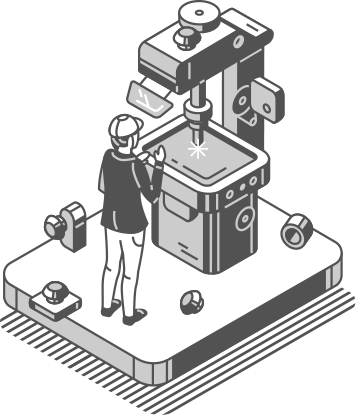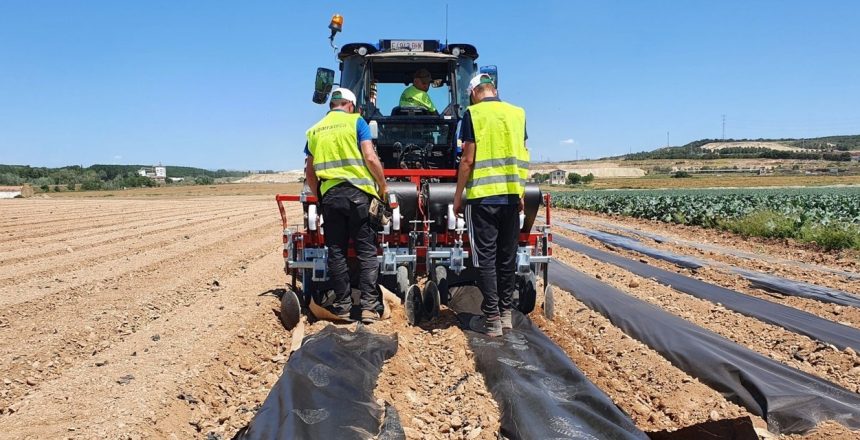Smurfit Kappa Sangüesa acts as the coordinator of the project, which also involves the Navarre-based entities Grupo AN, Florette and Floreale, as well as the Spanish National Research Center (CSIC) and the Spanish Society of Organic Agriculture (SEAE).
Irish multinational Smurfit Kappa, based in Navarra, is leading a joint innovation project that will launch a 100% biodegradable alternative to replace the plastics used in mulching horticultural crops. This technique is used to protect plants from bad weather and improve harvests, but it has a huge impact on the environment, since 300,000 tons of plastic are used in agriculture every year.
Agropaper, the innovative product developed by Smurfit Kappa, consists of a sheet of paper made from long pine fibers. Although it has been marketed since 2019 for use in greenhouses, work has been underway since September 2020 on a stronger variant for outdoor crops expected to reach the market in 2024. The main advantage is that, unlike plastic, it does not have to be removed after use because it is compostable.
Work to develop 100% compostable paper began in 2018 on the basis of a Strategic R&D Project funded by the Government of Navarra in collaboration with the Navarre Institute of Food Technologies and Infrastructures. Since 2020, the work has been part of the EU-funded Life Agropaper project to create the outdoor variant of the product.
Smurfit Kappa Sangüesa coordinates the project, which also involves the Navarre-based entities Grupo AN, Florette and Floreale, as well as the Spanish National Research Center (CSIC) and the Spanish Society of Organic Agriculture (SEAE).
Smurfit Kappa Sangüesa coordina el proyecto, en el que también participan las entidades navarras Grupo AN, Florette y Floreale, así como el Centro Superior de Investigaciones Científicas (CSIC) y la Sociedad Española de Agricultura Ecológica (SEAE).
Sources:




